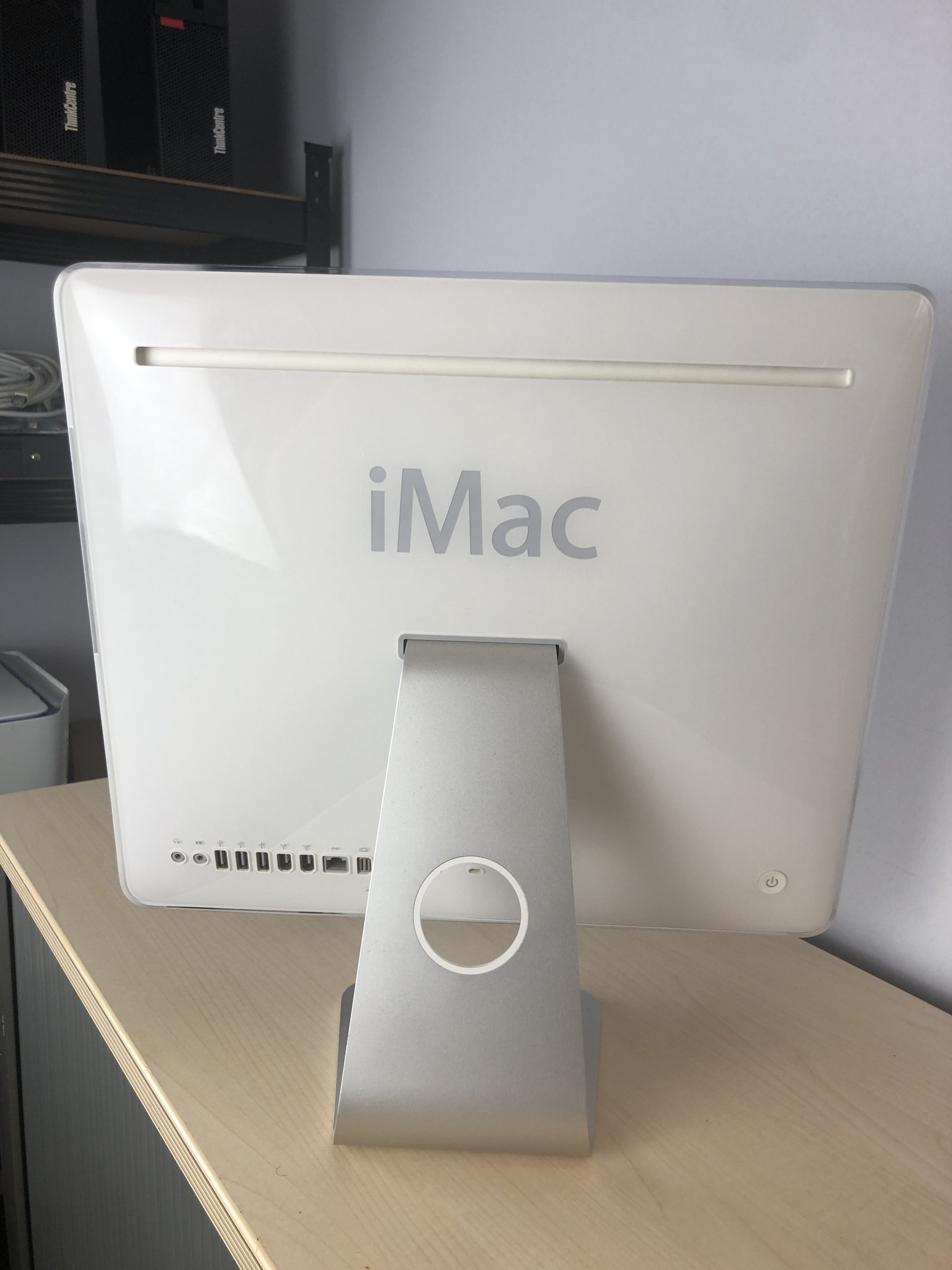The Perils of Shared Wi-Fi: An Accidental Casting Catastrophe
In the digital age, sharing a Wi-Fi connection with your neighbors can sometimes lead to unexpected and embarrassing situations. Recently, I found myself in an awkward predicament when my attempt to enjoy a quiet evening was overshadowed by a mishap involving a Chromecast.
Imagine settling down for the night when the unsuspecting laughter of your neighbors erupts through the walls. The source of their amusement? An unintended stream of content from my device to their Chromecast! The situation escalated quickly as I realized I had accidentally casted something that left little room for interpretation.
As we all know, privacy is a key concern when it comes to shared networks. I was using Google Chrome’s Incognito mode on my Android device, hoping to maintain some secrecy. However, I was left wondering whether my neighbors would receive any notifications linking the act to my device name or Google account.
The anxiety of not knowing if they could trace the mishap back to me kept me tossing and turning at night. Could they put two and two together and discover my role in their casting conundrum?
If anyone out there has experience with this type of situation or insights into how Chromecast notifications work, your help would be greatly appreciated. In the meantime, I’m left with a lasting reminder of why it’s essential to be cautious when sharing a Wi-Fi connection—even if it means sacrificing a peaceful night’s sleep.
Do you have any similar stories? Share your thoughts in the comments below!
Share this content:




Understanding Chromecast Notifications and Privacy
Hi, thank you for sharing your situation. Chromecast devices typically send notifications to your connected devices when casting content, but these notifications are primarily visible on the device used to initiate casting, such as your phone or computer. They generally do not directly inform the device owner (your neighbors) of who cast the content unless they actively check the casting session or have specific monitoring apps in place.
Regarding Google Chrome’s Incognito mode, it mainly prevents data from being saved on your device and hides browsing history locally. However, it does not make your device completely anonymous to network administrators or other users on the same network. Your device’s network traffic, including casting activity, can still be visible to knowledgeable users with the right tools.
To reduce the chances of accidental casting or privacy issues:
If privacy continues to be a concern, you might explore resetting your Chromecast device or changing its network settings to limit discoverability. Also, communicating with your neighbors about shared network use can help avoid future mish